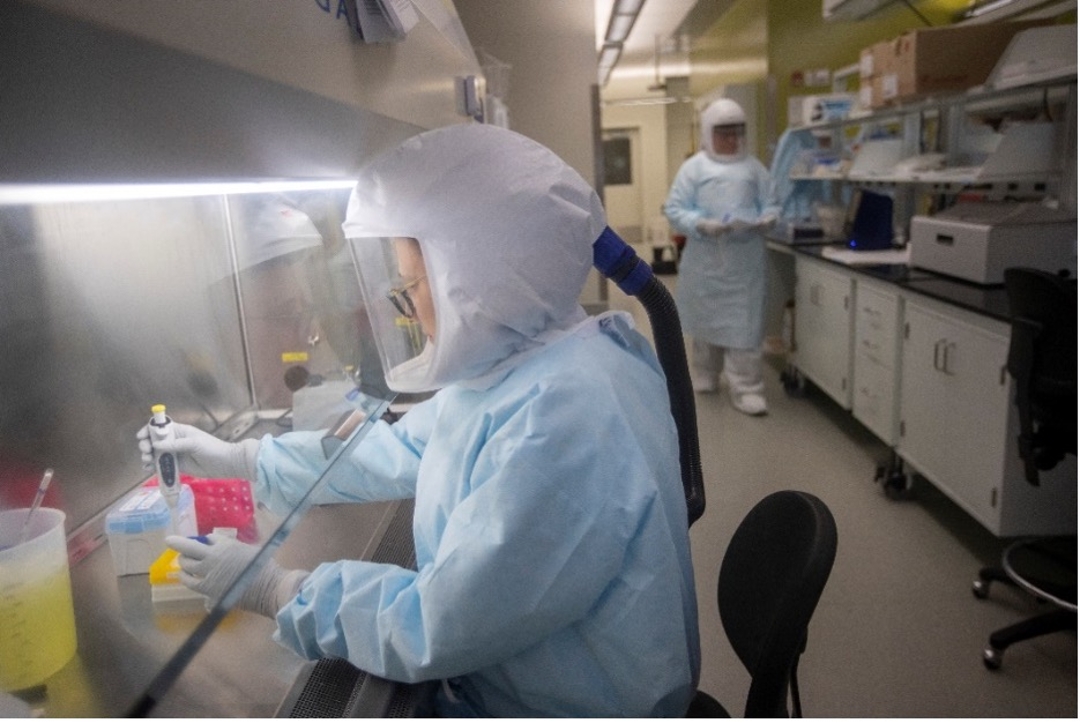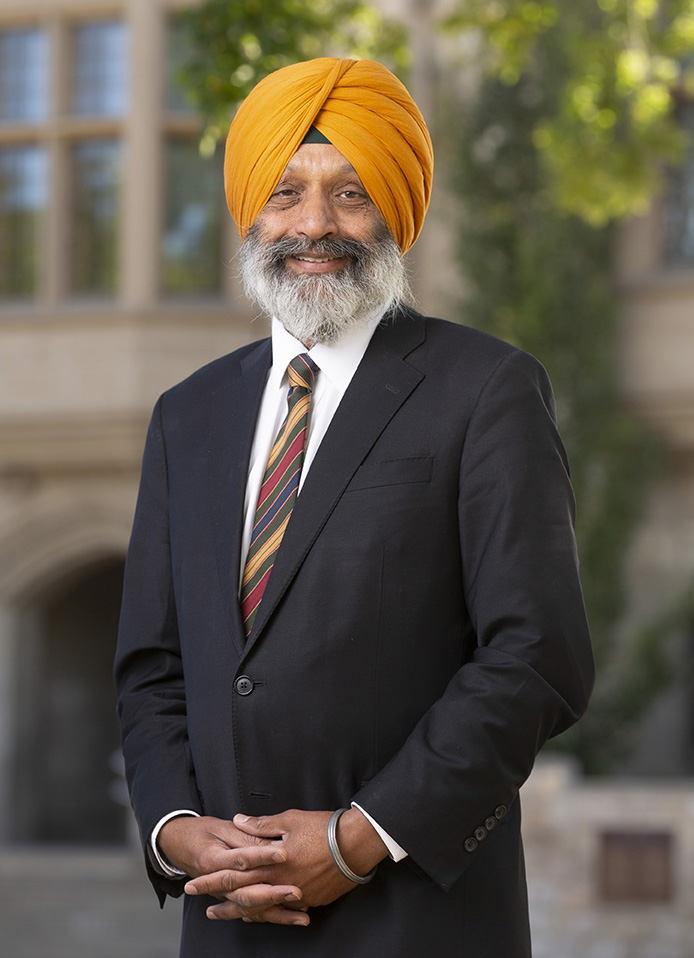
Sask.-based research offers hope in unsettling times
Uncertain times require robust social sciences and humanities analysis, and leadership from scholars to discuss complex issues with the public, writes Dr. Baljit Singh (PhD), Vice-President, Research, at the University of Saskatchewan (USask).
By Dr. Baljit Singh
The COVID-19 crisis is now winding through its second year, touching every aspect of life as we are engaged in a lengthy battle to contain the spread of the virus and return to a sense of normalcy, said Singh in a recent opinion piece in the Regina Leader-Post.
Click here to read the original article.
The impact of the personal and economic sacrifices made to combat the virus will be felt for years. We’ve had to come to terms with threats to systems we have long taken for granted, such as our supply chains and transportation systems, and the fallout from the pandemic will reverberate for generations.
In these unsettling times, Saskatchewan-based research offers hope and a source of pride, at a time when they are deeply needed.
At USask, researchers at VIDO — our Vaccine and Infectious Disease Organization — were ready to step up in the world’s time of need, thanks to our visionary leaders in 1975 supporting the establishment of a centre to understand and battle infectious diseases.
Today VIDO has grown into a world-class research institute that is a leader in developing vaccines that protect human and animal health. Our researchers were the first in Canada to isolate the SARS-CoV2 virus, and the first to develop an animal model of COVID-19. In the coming months, VIDO operations will expand to include vaccine manufacturing.
We have also learned that vaccines by themselves cannot offer all the answers to the crisis created by a pandemic. We need to extend to other facets of our operations the same foresight and determination that brought VIDO to Canada’s fore over the past five decades.
The blows from the pandemic disproportionately affected marginalized and remote Indigenous communities, and groups of newcomers, compared to other Canadians. The panic, fear and anxiety these uncertain times create require robust social sciences and humanities analysis, and leadership from scholars to discuss complex issues with the public.
This engagement becomes even more critical when Canadians, most of whom for the first time have seen medical researchers develop a vaccine in real time, express some hesitancy at getting inoculated. The role of policy experts and communicators becomes crucial in reassuring people about the safety and scientific background of the process that led to what might seem a fast vaccine development.
Our research in the humanities is vitally important at a time when Canadians are re-evaluating their way of life, and looking for inspiration from creative endeavours to find meaning in difficult times. Whether it is examining public policy, exploring the potential of the arts or otherwise adding to a body of scholarly work, these pursuits will help shape how we emerge from the COVID-19 crisis.
Our faculty and students in the performance and creative arts play a key role in helping to bring people together via technical platforms in these times when we can’t get together. Our agricultural and engineering researchers are finding innovative, green and environmentally sound ways to bring products to market.
Whatever crisis the world faces next — whether it is food security, access to quality water, threats to the environment, upheavals resulting from climate change, or a proliferation of conspiracy theories that create social unrest and political chaos, we can’t wait until disaster is imminent before we start looking for science-based solutions. The work needs to be ongoing.
Research plays a crucial role in helping Saskatchewan not just survive and recover from the pandemic, but thrive. Researchers of all stripes, from social to biomedical sciences, do not work in isolation. The idea of them being locked away in an ivory tower is truly inaccurate.
As a modern research university, USask is deeply embedded in its community and is a crucial link in the innovation ecosystem. We embrace multiple approaches to research, including Indigenous ways of knowing, land-management and living in harmony with the environment.
We have vibrant partnerships with the private, public and not-for-profit sectors, including working closely with the University of Regina and Saskatchewan Polytechnic.
Saskatchewanians want to know there will be jobs and opportunities for their children to remain close to home and be prosperous. A key to seeing this happen is to nourish world-class research that puts Saskatchewan at the forefront of advances in technology, and work with the wider community to integrate these technologies into our society to improve lives.
Not only have we created an atmosphere where we can retain our best and brightest, but through our thriving research enterprise we are also attracting top-notch talent from around the world to build careers here.
Imagine how the global economy would have collapsed and chaos would have emerged without strong science, devoted research, and evidence-based decision making. Whether it is in a lab or out in the field, USask researchers are already uncovering the solutions the world will need next.

